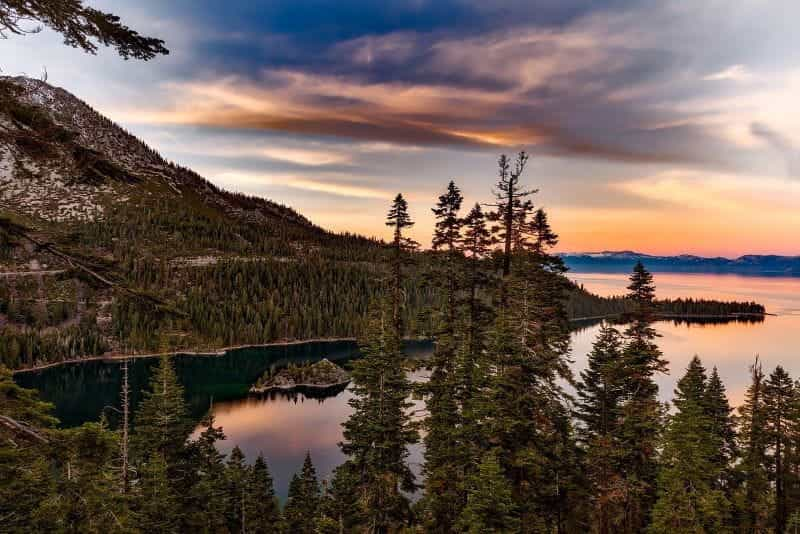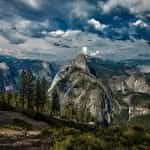A Discomfiting Trend In CA Tribal Casinos
In a public statement from California’s Gaming Association, local tribes were critiqued for encouraging gamblers to come in groups despite COVID-19. According to the CGA’s statement, COVID-19 infections have been directly traced to casinos in the state run by tribes, which have neglected to adequately enforce coronavirus safety protocols. This has been to the detriment of players and employees alike, particularly as the Native community has been hit hard by the virus.

California’s tribal casinos have been criticized for their handling of COVID-19. ©12019/Pixabay
In December, CGA Speaks Out
On Wednesday, December 16, California Gaming Association President Kyle Kirkland lambasted local tribes for neglecting to protect visitors from the novel coronavirus, which is currently surging in the state of California. Kirkland spared no subtlety in his remarks, which directly linked a number of COVID-19 infections to spread inside tribal casinos.
This included, among other things, two casinos which Kirkland listed by name, stating that both had explicitly encouraged guests to partake in their offerings irresponsibly, including hosting parties on New Year’s Eve. These casinos are Cache Creek and Agua Caliente, located in Brooks and Rancho Mirage, California, respectively.
Partying Despite The Lockdown
In California, lockdown orders have been in place from the state government since December 5. Kyle Kirkland’s address specifically mentioned that tribal casinos in California have not been adhering to any part of these measures, which have been implemented on businesses around the state.
Non-Compliance Comes From Tribal Exemption
Due to the history of the United States and its displacement of Native American people, tribal casinos are not subject to the traditional regulations which implicate most other businesses in the country. As such, these locations have not had to follow operation restrictions placed on casinos around the country.
Native American tribes are, thus, given status as sovereign nations within the United States. This includes the oversight of their casinos, which means that many have not had to adhere to the regulations being placed on casinos nationwide, including mask mandates and strict capacity limits, falling anywhere from 25 to 50%.
Kirkland’s Harsh Remarks
Given the tone of Kyle Kirkland’s address, there remained little question about his stance on the behavior of tribal casinos during the pandemic. Kirkland described tribes as operating in a fashion that was purely driven by desire for profit, saving no concern for the well-being of patrons or employees.
Pointing To Worries For 2022
Kirkland’s speech took these remarks a step further, urging listeners to consider the implications of an upcoming 2022 ballot proposition. The measure in question would expand the power of tribal casinos, allowing them to operate additional gambling offerings like sports betting.
In his remarks, Kirkland spoke on behalf of the California Gaming Association, reiterating the organization’s opposition to this ballot measure. According to Kirkland, such a provision would hand tribal casinos a monopoly for operation in the state of California. He also raised concerns that tribes would have expanded ability to file frivolous lawsuits.
When State Casinos Break Laws, Heavy Fines
By contrast, should a non-tribe casino break COVID-19 restrictions, they are subject to hefty fines. In the fall, for one example, two Nevada casinos owned by the Meruelo Group allegedly failed to uphold mask mandates and social distancing guidelines. The resulting fee for the Meruelo Group was a a total of $75,000.
Lenience Could Be Attributed To Overwhelming Financial Worry
In early May, researchers from Harvard University in Massachusetts urged the federal government to provide additional assistance to the nation’s tribal casinos. During the initial months of lockdown, these locations were forced to close, overriding the tribes’ traditional sovereign status.
Casinos are typically a significant source of revenue for tribes, contributing billions of dollars to tribal communities. During the months of lockdown in the spring, tribes around the country lost an overwhelming amount of business. As such, it would make sense why California’s tribes continue to stay open, even as the virus infection rate soars in the state.
COVID Devastates Native American Communities
In fact, Native American communities in California have been devastated by the impact of the novel coronavirus, demonstrating just how dire the financial need must be. A late November report from the Centers for Disease Control demonstrated that Native Americans are four times more likely to be hospitalized with COVID-19 than white Americans.
By December 17, the state of California was making efforts to support the Native American community by putting its members on the front lines of receiving the brand-new COVID-19 vaccines. Some 68,000 initial doses will be distributed to Native Americans in California, with priority given to the elderly and health care workers.
As Casinos Stay Open, CA COVID Cases Soar
Still, Kirkland’s remarks are not wholly unfounded. As of December 18, California has become the epicenter for the coronavirus pandemic in the United States. Across all of Southern California, the intensive care unit became 100% full, with a reported two deaths per hour from the novel, and devastating, respiratory virus.
Kirkland specifically referenced these heartbreaking statistics as a means of highlighting the negligence currently being enacted at tribal casinos, where businesses are encouraging visitors to congregate in large numbers and continue to gamble. As Kirkland noted, a number of COVID-19 infections have been linked directly to gambling at tribal casinos.



